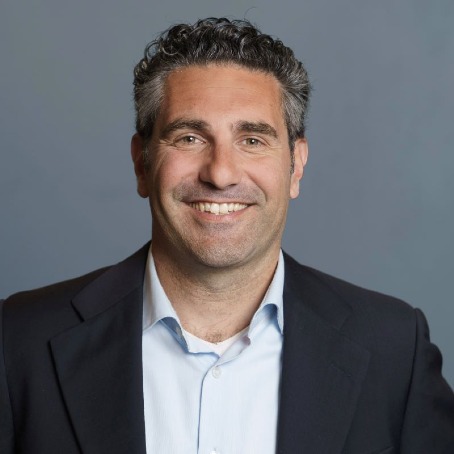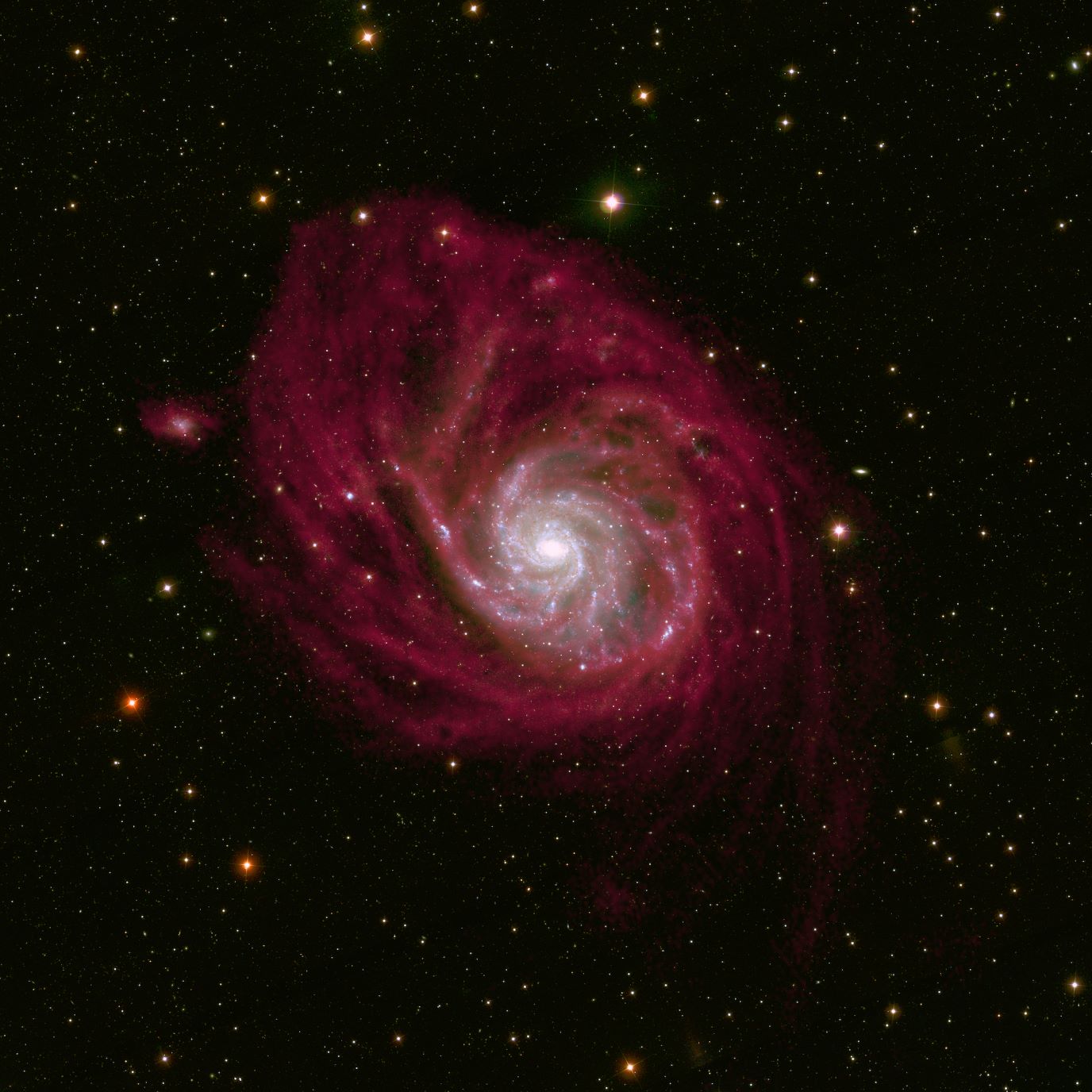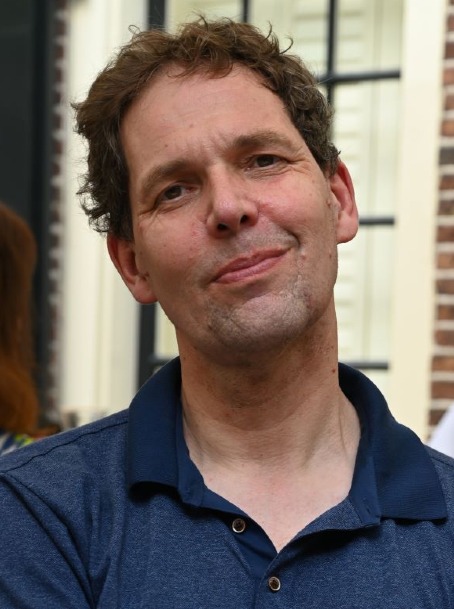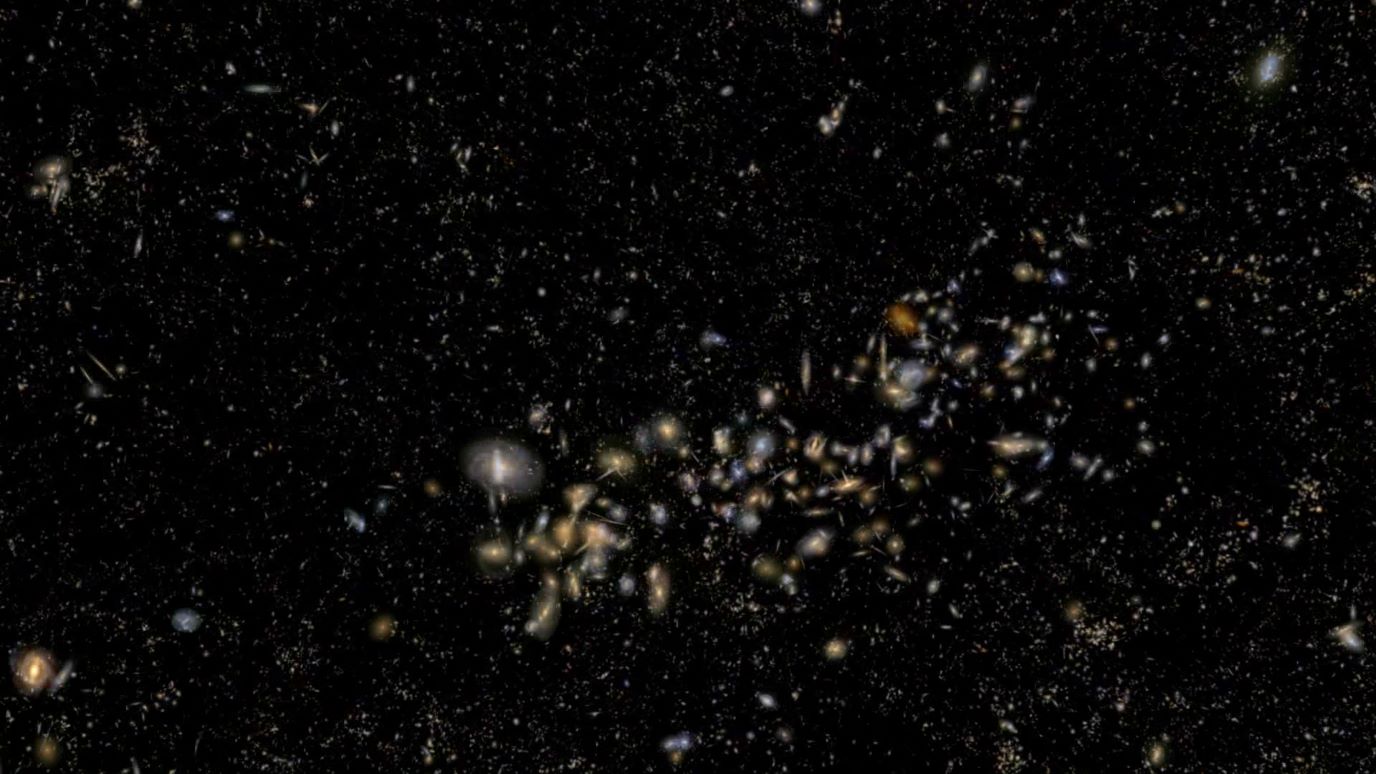Twinning partner in three EU collaborative projects
Researchers from the Faculty of Science and Engineering (RUG) will participate as Twinning-partners in research projects in the Czech Republic, Spain, and Estonia. Twinning grants from the European Union help countries lagging behind in research and innovation performance advance by linking them to leading European and international counterparts. The grant of €1.5 million per project is part of the EU's ‘Horizon Europe’ programme.
The research project in the Czech Republic focuses on converting waste biomass into green chemicals and biofuels using more efficient catalytic systems. In Spain, it involves research on galaxies. The research in Estonia focuses on the evolution of galaxies in the cosmic web. The projects will start in June.

Czech Republic - green chemicals and biofuels from waste
The research project in the Czech Republic is coordinated by the Technical University of Ostrava and focuses on the development of more efficient catalytic systems capable of converting waste biomass into green chemicals and biofuels. From the university of Groningen, Prof. Giuseppe Portale of the Zernike Institute for Advanced Materials will lead the in-situ characterization and polymer design activities and coordinate knowledge transfer on the use of large-scale facilities. Other partners are the University Politecnico di Milano and Q-plan International from Greece. Together, they will help the Ostrava University of Technology develop a new line of research and strengthen its position. The RUG will receive a grant of EUR 345,000.

Spain - strengthen galaxies research Tenerife
Prof. Raffaella Morganti and Prof. Reynier Peletier of the Kapteyn Astronomical Institute will help strengthen the position of the Instituto de Astrofísica de Canarias (IAC) on Tenerife in the field of galaxy research. Besides the RUG, the University of Durham and the CNRS - Observatoire Astronomique de Strasbourg are partners in the project. The partners will support the institute in areas such as radio astronomy, exploitation of state-of-the-art observational surveys, numerical modelling and the preparation and management of European proposals. The Instituto de Astrofísica de Canarias is coordinating the project. The RUG will receive a grant of EUR 187,500.


Estonia - evolution of galaxies in the cosmic web
The research project in Estonia is coordinated by Tartu Observatory of the University of Tartu (UTARTU) and should answer the question of the role of the cosmic web in the formation and evolution of galaxies. From the University of Groningen, Prof. Rien van de Weygaert of the Kapteyn Astronomical Institute, together with the Leibniz Institute for Astrophysics in Potsdam and the University of Lorraine (FR), will provide the University of Tartu with knowledge and expertise. Among others, in the field of the dynamics and structure of the cosmic web, identifying and classifying its structure using geometric and topological methods, and combining with cosmological simulations the formation of galaxies in the cosmic web. The collaboration allows the University of Tartu to actively participate and contribute to important galaxy and cosmology research. The RUG will receive a grant of EUR 300,000.

| Last modified: | 03 April 2024 2.31 p.m. |
More news
-
07 May 2024
Lecture with soon to be Honorary Doctor Gerrit Hiemstra on May 24
In celebration of his honorary doctorate, FSE has invited Hiemstra to give a lecture entitled ‘Science, let's talk about it’ on the morning of 24 May
-
29 April 2024
Tactile sensors
Every two weeks, UG Makers puts the spotlight on a researcher who has created something tangible, ranging from homemade measuring equipment for academic research to small or larger products that can change our daily lives. That is how UG...
-
29 April 2024
Behind the scenes: how UG and Hanze UAS students are jointly developing a Mars rover
This year the students of the Makercie team are participating in the physical edition of the European Rover Challenge in Poland. Read more about the team and the collaboration between the RUG and Hanze UAS here.
